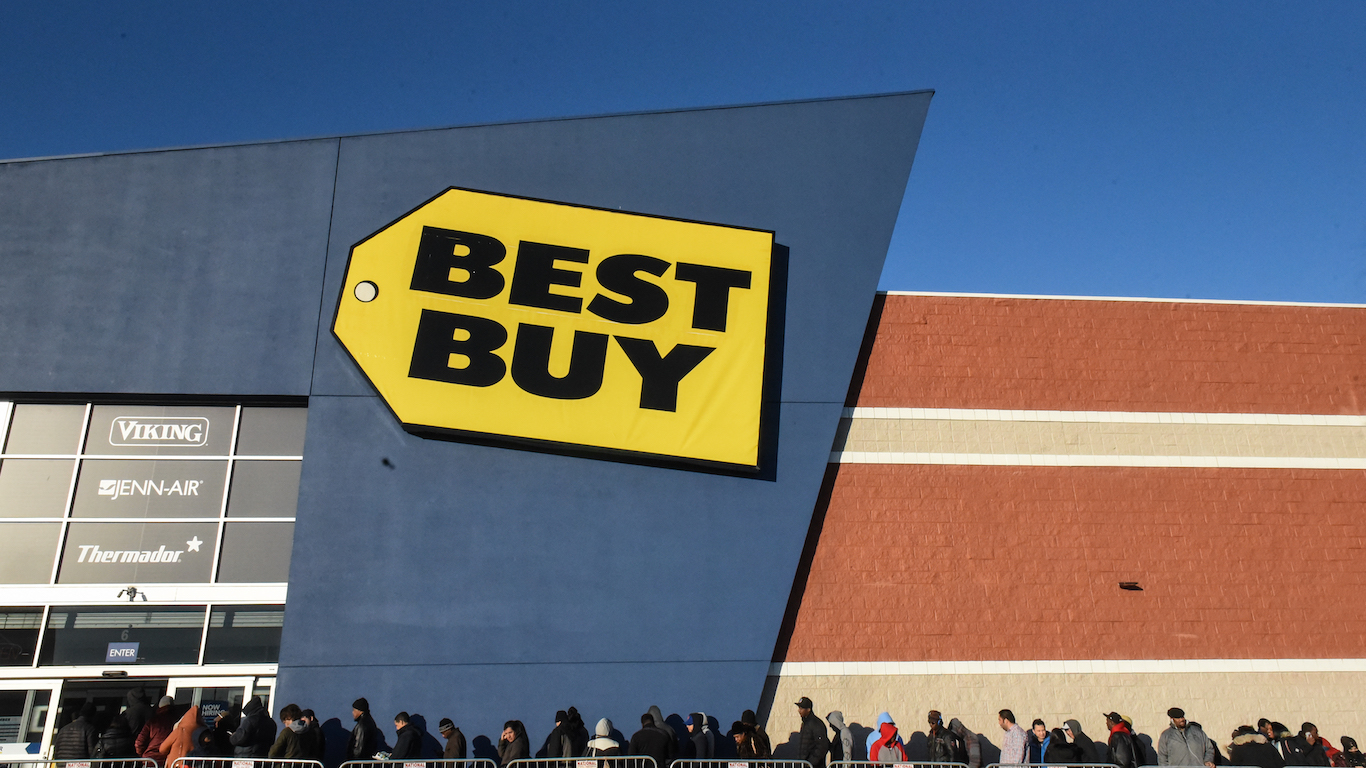![]() We won’t bother discussing the current market situation as being a very difficult one. But the problem isn’t just the baby being thrown out with the bathwater. Now, investors are throwing out mommy, daddy, and everyone else they know.
We won’t bother discussing the current market situation as being a very difficult one. But the problem isn’t just the baby being thrown out with the bathwater. Now, investors are throwing out mommy, daddy, and everyone else they know.
General Electric Co. (NYSE: GE) falls in this camp and its credit default swap spreads have been hit along with every other company that is tied to financial companies or that does business with them. GE is one of the few companies left with a solid Triple-A rating, and the company has been very clear about its intent to keep it that way. As these credit spreads have been hitting new historic highs today, we asked our contacts at GE to comment.
Our company spokesman contact there sent a response to the currentsituation to us. "We are committed to the Triple A, we have strongcash flows from a diversified portfolio, and even in this difficultenvironment the Triple A remains secure." He further added,"GECapital’s cash bond spreads are trading significantly tighter thanmost major financial institutions. Unlike these financialinstitutions, our cash bond spreads are significantly tighter then ourCDS spreads. GECapital is part of the CDX and most other financialinstitutions are not, so when investors hedge the index, anticipatingwider bond spreads for the market as a whole, our CDS naturally widens."
The market throwing the baby out with the bathwater is bad enough. What ishappening in the markets right now is even worse and it is punishingmajor financial and non-financial companies that do not deserve it. GE’s stock isdown under the face value prices of the post-recession lows in 2002 or2003 and is actually getting close to those same lows if you adjust for dividends. On September 8, the stock was above $29.00. Shares went under $23.00 at the worst part of the market today. Do the math, that is a 20% haircut.
Many have attacked the giant conglomerate’s structure and when I was previously onCNBC as a guest I said that breaking the company into independent units was solely a bull market call. I went to addthat everyone would be wishing for that conglomerate structure again ifand when the economy tanks. There are major problems in the economyand there is no way that some of the old rules and old trends willreturn in the same manner as before. But hitting some of these companies has become far too harsh.
We recently gave a preview for our Special Situation newsletteroutlining even after all the bad cases we are factoring in for all large companies and for the economy that GE’sbase-case value for 2009 could be $30.00, and that number could be higher. Our prior fair valueanalysis after its warning was $33.75. If things in the economy stabilize or normalize, you can make the case that GE’s stock could run back to $35.00 or higher. If this selling gets worse, then of course the law of percentages will bring those targets down. But this is the general idea.
Enough is enough. The stock market and credit markets can take a greatcompany like GE lower and lower. That is the environment we are in andwe can’t make any major alterations to the market or to sentiment. Butreally, enough is enough. Right now the fear has simply gone farther than fear itself. If anybad news comes out in the coming days from GE it should be priced in the stock. Of course, the caveat to is that the market has proven it has no remote ties torational markets nor to efficient market theories. Anyhow, enough isenough even under the de-leveraging climate we are entering for theforeseeable future.
- See CFO Keith Sherin’s exclusive comments to 24/7 Wall St. regarding his long-term growth targets.
Jon C. Ogg
September 17, 2008
Cash Back Credit Cards Have Never Been This Good
Credit card companies are at war, handing out free rewards and benefits to win the best customers. A good cash back card can be worth thousands of dollars a year in free money, not to mention other perks like travel, insurance, and access to fancy lounges. See our top picks for the best credit cards today. You won’t want to miss some of these offers.
Flywheel Publishing has partnered with CardRatings for our coverage of credit card products. Flywheel Publishing and CardRatings may receive a commission from card issuers.
Thank you for reading! Have some feedback for us?
Contact the 24/7 Wall St. editorial team.



